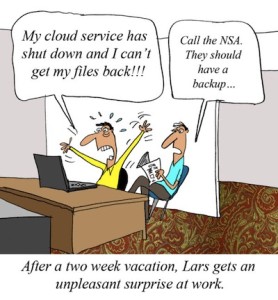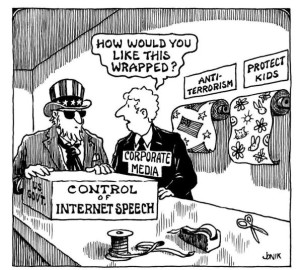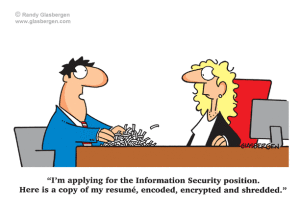Why Americans move to the Middle East?
Low taxes?
cheaper cost of living ?
“A Western expat in Saudi Arabia is paid on average six per cent more than an Arab expat and almost 30 per cent more than an Asian one. Westerners sit top of the tree in all Gulf countries, while Asian expats are the lowest paid across the region.”
Today there are more than 100,000 American expats living and working in the Gulf Countries. American workers are at a premium at this job market. The economic climate is perfect for young professionals who want to see the world and make enough money to pay back student loan debts.
Where do American Expats live in the Middle East?

The most popular destination is Israel with about 80,000 of expats.
Saudi Arabia, Turkey, UAE are also very popular destinations.
What do expats do in the Middle East?
83% of American expats work in the private sector (most in the energy industry)
The most popular job for expats include: accountant, manager, engineer, executive, coordinator, and civil engineer.
98% of expats in Saudi Arabia claim to have more disposable income than they did working in their country of origin.
92% of expats in Qatar say they have more money left over at the end of the month than they did working in their home country.
94% of expats in the UAE say they pay less in taxes than they did in their country of origin.
And of course, mostly all of them are missing their native America.
Hulu, Netflix and others favorite things are not available in the Middle East.
The only reasonable solution is using VPN for Expats!
It lets to access blocked sites and services and feel like at home!
























